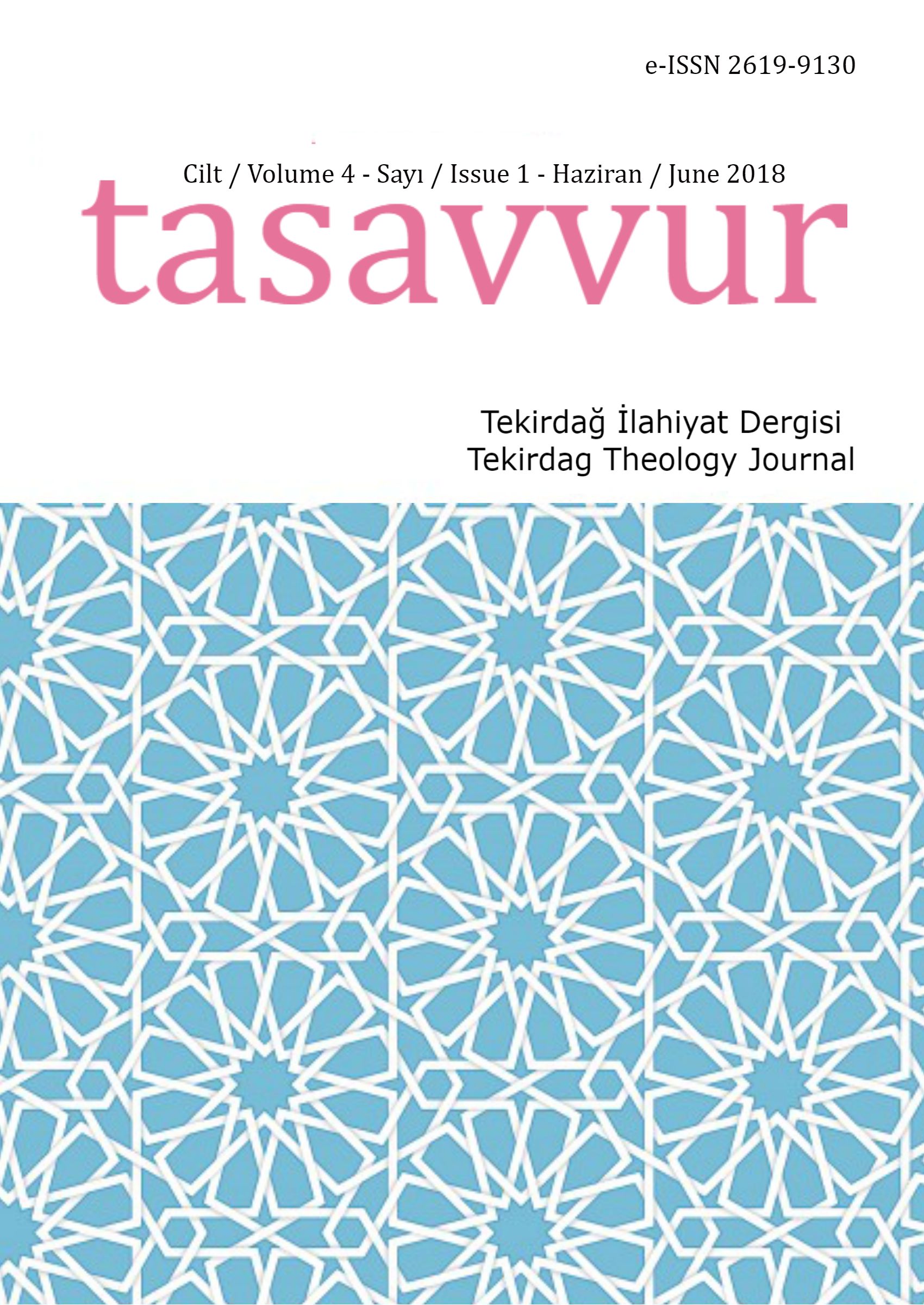Arapça Dersi Öğretim Programının Uygulanmasına Yönelik Bir Alan Araştırması (Tekirdağ İli / Süleymanpaşa İlçesi Örneği)
A Field Research On The Implementation Of The Lesson Of Arabic Language Teaching Program (Tekirdağ (Turkey)/Süleymanpaşa district as a model)
Author(s): Osman ArpaçukuruSubject(s): Social Sciences, Language and Literature Studies, Education, Foreign languages learning, Theology and Religion, Islam studies
Published by: Tekirdağ Namık Kemal Üniversitesi İlahiyat Fakültesi
Keywords: Arabic Language and Literature;Arabic language;Arabic language teaching;Arabic language teaching program;religious vocational schools;imam hatip schools;
Summary/Abstract: Imam Hatip schools (religious vocational schools) in Turkey have been taught teaching Arabic for many years. However, the objectives of learning Arabic have not yet been realized. The Education Council of the Ministry of Education prepares educational plans and programs for Arabic lessons in order to increase the quality of Arabic language teaching, the first of these programs was in 1973. This research is a field study carried out in 2016 on how to implement the educational programs prepared in 2011 for Arabic lessons in Imam Hatip schools, and the problems facing the teacher in practical reality. The scope of the research is limited to Tekirdağ Anadolu Religious High School for boys, Süleymanpaşa Anadolu Religious High School for girls, Süleymanpaşa Religious Secondary school, and the teachers working in these schools. The research was based on the views of those educators as to how the educational programmes for Arabic lessons and the problems they faced during their exercise were implemented. The research was formulated through interviews with teachers. The results of the research according to the data received from the teachers were processed in the statistical program SPSS and then converted to frequency values and percentage values. These values were presented in tabular form. As a result of the findings, it was seen that most of the teachers did not read the Arabic lesson teaching program they were practicing, and they were unaware of the program’s vision, approach and goals; and they did not understand the program’s approach, vision, and objectives. Moreover, it was understood that the minds of the teachers were not clear about whether the Arabic language was a foreign language lesson or a religious vocational lesson, that the teaching practices and behaviors of teachers are incompatible with the educational program and they also had one view that the goals of the Arab lesson were largely unfulfilled. After the main results have been revealed and discussed, finally, following the disputed results, some suggestions were made to increase the quality of teaching Arabic such as making Arabic an effective, active and influential element in the lives of students and teachers through various awards and scholarships and the examination of Arabic as a foreign language in the university entrance examinations as an element of motivation and quality. In addition, in order to improve the quality of the Arabic teacher, we have made the Arabic exams as periodic, an increase in salaries according to the teachers’ receivables score, the continuation of in-service trainings, etc.
Journal: Tasavvur Tekirdağ İlahiyat Dergisi
- Issue Year: 4/2018
- Issue No: 1
- Page Range: 167-190
- Page Count: 24
- Language: Turkish

